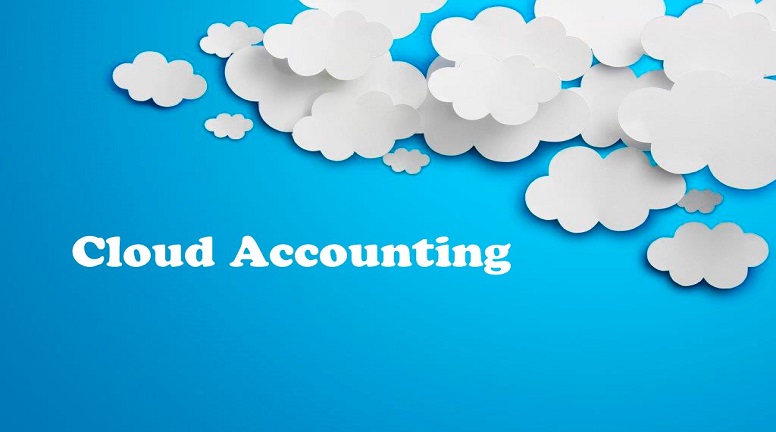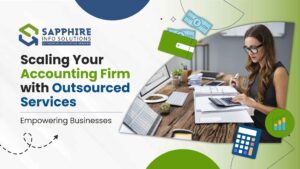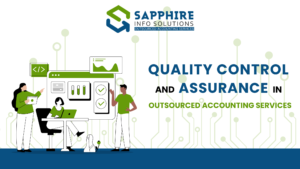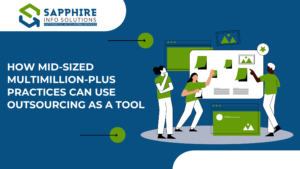The entire world is increasingly adapting to cloud services from connected appliances to internet-based educational programs. Basically, cloud platforms have helped medium & smaller businesses to offer their services more effectively to their clients using shared technology platforms.
This has mostly happened by eliminating the need of dedicated IT infrastructure to handle data, accessibility & interconnectivity. The large businesses have also benefited by cutting their IT costs & availing latest technology at a fraction of their in-house costs.
So what does this entail for accounting profession & how it can benefit the accounting practices today? First of all, let us know the difference between cloud & traditional accounts.
Traditional |
Cloud |
| A. Data stored on files or local hard drives
B. Data information is used by a single user. C. Automation of data entry not possible or not cost-effective. |
Stored data on a web-based server available for access to authorised users from all over the world.Multiple access available for updating & retrieval of data.
Automation-assisted accounting helping to reduce error & reduce time. |
Advantages of Cloud Accounting
- Improve performance & efficiency by automating data entry process thereby reducing errors.
- Ability to employ remote employees provides flexibility, convenience & affecting the practice.
- Better safety for customer data provided by cloud service providers than viable for small & medium practices on their own.
- Ability to serve new geographical areas with help of cloud accounting. The practices can market their services over a vast range of geography & be able to effectively provide their services too.
- Ability to develop & target a niche clientele all over the country by using cloud services e.g. say providing personalised service in a very specific sector of agriculture which would not have been viable eventually because of a low number of prospects.
However, a word of caution for some of those practices who do not wish to give access of client’s data to a third party & lose control of their accounting data, that this might not be the route for those.















